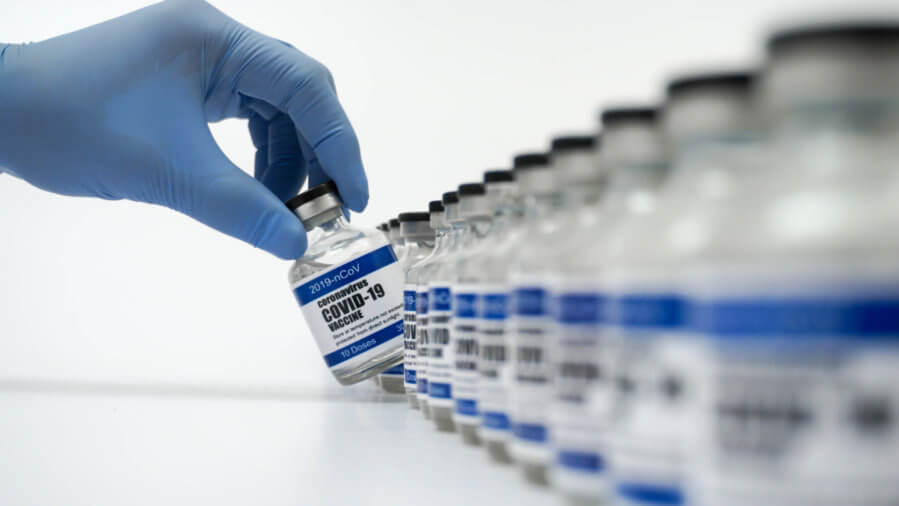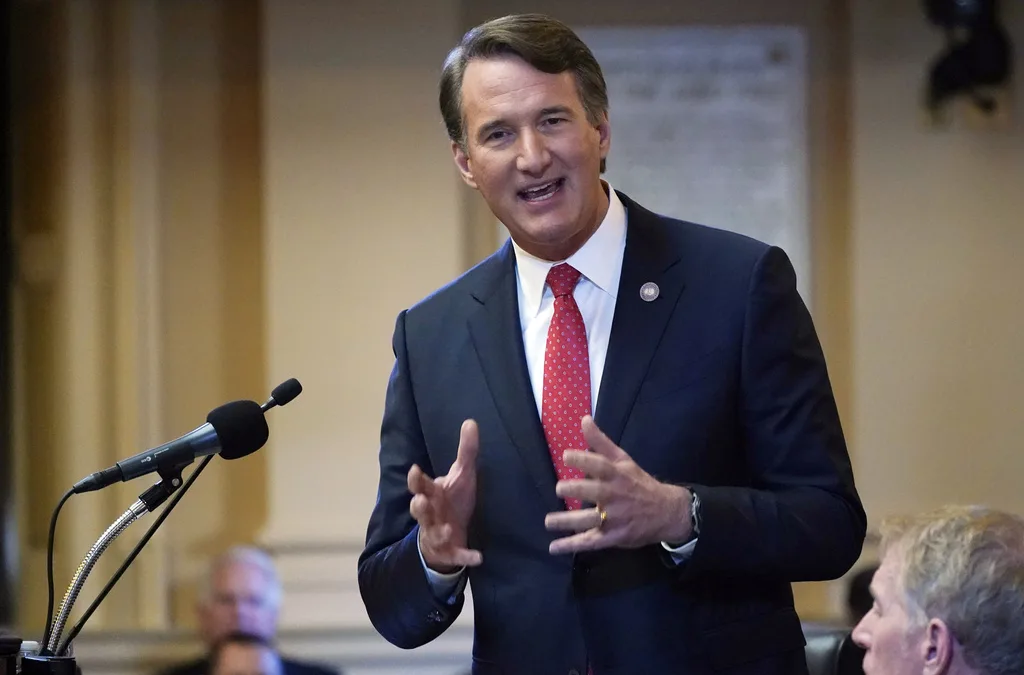
FDA and CDC raise concerns over rare blood clotting issue in Johnson & Johnson version.
RICHMOND-Effective immediately, Virginia will stop distributing the Johnson & Johnson version of the COVID-19 vaccine. State Vaccine Coordinator Dr. Danny Avula made that announcement early Tuesday, stemming from a rare blood clotting issue.
Specifically, the Federal Drug Administration and Centers for Disease Control raised concerns over six incidents. As of Monday, more than 6.8 million doses of the J & J vaccine have been distributed in Virginia and across the country. Out of that number, six people in the U.S. developed a rare blood clot within two weeks after getting the vaccine. How rare is this? You’ve got a 1 in 500,000 chance of being struck by lightning. The chance of developing blood clots from birth control pills is 1 in 1,000. Your chance of getting this blood clot? Try 1 in 1.13 million.
“The reason for the pause was not the frequency necessarily, but really the establishment of the pattern,” Avula said. “Because six cases out of the 8 million doses of J&J that have been administered is still exceedingly rare, right? Less than one in a million.”
Avula pointed out the CDC surveillance system is doing exactly what it was built to.
[It recognizes] a pattern and then [makes] the decision to be able to dive more deeply into the data,” Avula said.
What Do We Know About Johnson & Johnson?
According to a joint statement put out by the FDA and CDC, all six cases happened among women between 18 to 48. The symptoms hit between six to 13 days after vaccination and the issue is treatment.
Normally, this is a simple fix. Doctors prescribe an anticoagulant drug called heparin.
“In this setting, administration of heparin may be dangerous and alternative treatments need to be given,” FDA officials said in the statement.
Basically, because the vaccine is so new, they’re not sure how it will react to heparin. And since the vaccine at that point is already in the body, it doesn’t make sense to “test” anything by injecting heparin. That’s the main reason the vaccine is being pulled. It’s a simple precaution to avoid any issues later on.
Avula added the Virginia Health Department is looking at another case. This is in addition to the six mentioned. An unidentified Virginia woman died in March and the Virginia Health Department will check to see if that was related to the Johnson & Johnson vaccine.
What Does This Mean For Virginia?
Nationally, Avula said the Johnson & Johnson vaccine rollout accounted for approximately 5% of shots administered. In Virginia, it added up to approximately 15% of shots injected this week. The statewide pause impacted approximately 72,000 appointments and close to 30 events.
In a somewhat ironic turn, it looks like Johnson & Johnson’s earlier vaccine shortage will actually benefit Virginia. Earlier this month, a manufacturing plant employee accidentally mixed the J & J version with some from Astra Zeneca. All 15 million doses in that batch were destroyed, severely cutting down on the number still available.
Instead of 124,000 as originally planned, Virginia on Monday received 14,800 J & J doses. So with that in mind, Dr. Avula had already announced some vaccination plans would be scaled back. Instead of vaccinating college students before summer break as planned, it will be mid-May before that happens.
“What it will do is just slow down the progress through Phase 2,” Avula said. “We will not be able to have quite as many appointments available for first doses next week and beyond until we have more news about if we can start using Johnson & Johnson again.”
What Will This Mean For Me?
If it’s been at least one month since you received your J&J vaccine, there’s very little risk for complications.
However, for those still in the 30-day window of when they received the shot, there are symptoms to monitor. Complications indicative of a blood clot often include severe headaches, abdominal pain, leg pain and shortness of breath. If any of these symptoms develop, Avula asks that you call your doctor.
As for people who already had appointments to get the Johnson & Johnson vaccine? Avula says you’ll get a call to reschedule. This time, however, you’ll receive either the Pfizer or Moderna version.
Brian Carlton is Dogwood’s managing editor. You can reach him at [email protected].
Amie Knowles is a staff reporter for Dogwood. You can reach him at [email protected]
Politics

Opinion: The problem with Youngkin’s Charter-Lab schools push in 2024
The Problem Governor Glenn Youngkin introduced 233 amendments to the bipartisan budget so it was hard to know how to assess his budget–for example,...

What to know about Trump’s legal issues
Over the past year, former president Donald Trump has become the center of not one, not two, not three, but four criminal investigations, at both...
Local News

Virginia verses: Celebrating 5 poetic icons for National Poetry Month
There’s no shortage of great writers when it comes to our commonwealth. From the haunting verses of Edgar Allan Poe, who found solace in Richmond's...

Join the fun: Recapping Family Literacy Night’s storybook adventures
When’s the last time you read a book aloud with a loved one? If it’s difficult to answer that question, then maybe it’s time to dust off that TBR...





